Baby’s first word will always be an exciting milestone for parents. But all babies are different, and some will start talking earlier than others. And remember, your baby will be communicating with you in lots of different ways before they can talk.
How will my baby communicate with me before they can talk?
Although babies under 1 are unlikely to be using words yet, they will be communicating with you in lots of ways.
As they grow, they begin to learn important communication skills from the everyday interactions they have with you. In the first year of life, babies are learning how to take turns, listen, and play with you.
Our page on baby communication has lots of tips on how you can help your baby develop these important skills.
At what age do babies babble and coo?
Babbling is an early stage of your baby learning how to talk. Babies start to gurgle and coo in their first few months of life. As they move towards 6 months old, they start to babble and make noises such as ‘bababa’. This is how babies make the mouth shapes and sounds used for speech. It also helps them to learn about taking turns in interactions with you.
Here are some things you can do to encourage them.
In the coming months the sounds your baby makes will start to resemble real words like ‘mama’ and ‘dada’ although your baby might not associate these sounds with their real meanings yet.
When does babble become baby's first words?
You can help your baby to learn new words by repeating back to them what you think they’re trying to say. For example, if your baby says “baba” you could say: “Ball. Yes, a ball”. This will help them to connect their sounds with real words.
With enough practice and encouragement from you, your baby’s babble will eventually form into their first words.
When will they say their first words?
There isn’t a magic age when babies start talking. Usually they’ll start saying their first words somewhere between 12 and 15 months, although some are nearer 18 months before they say their first words.
Initially your baby might only be saying one or two words. These tend to be names of family members (like ‘mama’ and ‘dada’) or a favourite pet or toy. Don’t worry if these words aren't clear yet – any attempts at words should be praised and encouraged. Repeating sounds and words your baby makes will help to show you’re listening and will let them hear the words they’re trying to say.
Although a baby’s first words mark an important milestone in their development, there are other key skills to look out for that will help them to develop language. Listening and understanding come before talking and clear words. Being able to take part in short back and forth interactions with you, understanding words and using sounds and gestures are all important skills in their development of language.
How can I encourage my wee one to start talking?
Babies learn language from the words they hear around them and the interactions they have with their parents and other adults every day. So you can encourage your baby to say their first words by talking to them as much as you can. Take a look at our tips for chatting with your baby for some advice on how to do this.
Should I worry that my baby isn’t talking?
It’s important to remember that all babies will develop their language skills at different rates. By helping them to listen, play and interact with you, you’re building their understanding of words and helping them to learn about the skills they need for communication.
There are some milestones you can look out for to help guide you. Our page on the stages of talking has more information. You can find out more about what to expect with your child’s language development by using the ICAN progress checker.
If you’re concerned that your baby isn’t responding to you or showing an interest in interacting and communicating with you then speak to your health visitor or GP for advice.
My twins are talking in their own language, what should I do?
Children often to make up their own language. It can be a way for them to experiment with speech and make their needs known. This is especially true for twins, who will often reinforce each other’s attempts at words. Some studies suggest that as many as half of twin pairs might develop what sounds like their own language. Don’t worry, you’ll notice this starts to reduce between 18 months and two years.
Try to point out and name things that your babies are interested in and make lots of opportunities for them to interact with you or other adults one to one. Respond to your babies’ attempts at language and try and put into words what they’re saying to you. Hearing you speak will help them to start producing more accurate attempts at words.
You can find more tips for helping your twins or triplets develop their language skills on the Twins Trust website. If you’re concerned about your twins’ language development, please speak to your health visitor.
My baby is being exposed to two languages – will this affect their speech and language development?
Research has shown that bilingualism, or growing up being exposed to two languages, is beneficial for children's development and their future. For more information visit the Bilingualism Matters and Hanen Centre websites.
Where can I find out more?
For more tips on helping your wee one start talking, visit:
 Activities & Play
Activities & Play Behaviour
Behaviour Childcare
Childcare Development & Growing Up
Development & Growing Up Family, Friends & Relationships
Family, Friends & Relationships Feeding Your Baby
Feeding Your Baby Food & Eating
Food & Eating Health & Safety
Health & Safety Mental Health & Wellbeing
Mental Health & Wellbeing Money & Work
Money & Work Online Behaviour & Safety
Online Behaviour & Safety Pregnancy & First Days
Pregnancy & First Days School & Education
School & Education Sleep
Sleep

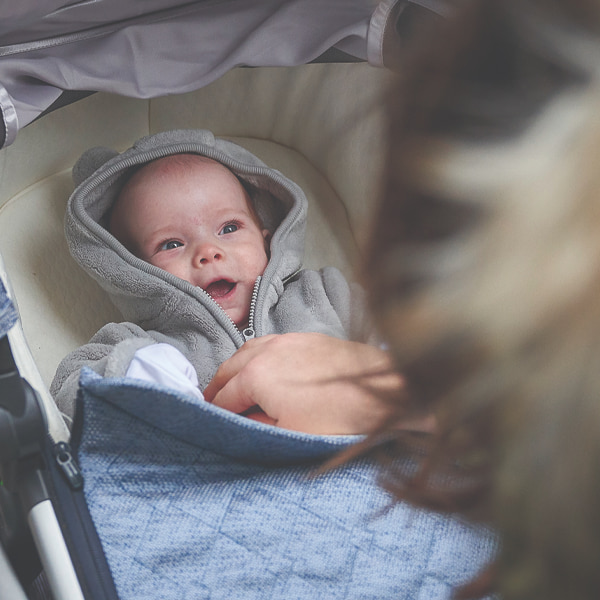
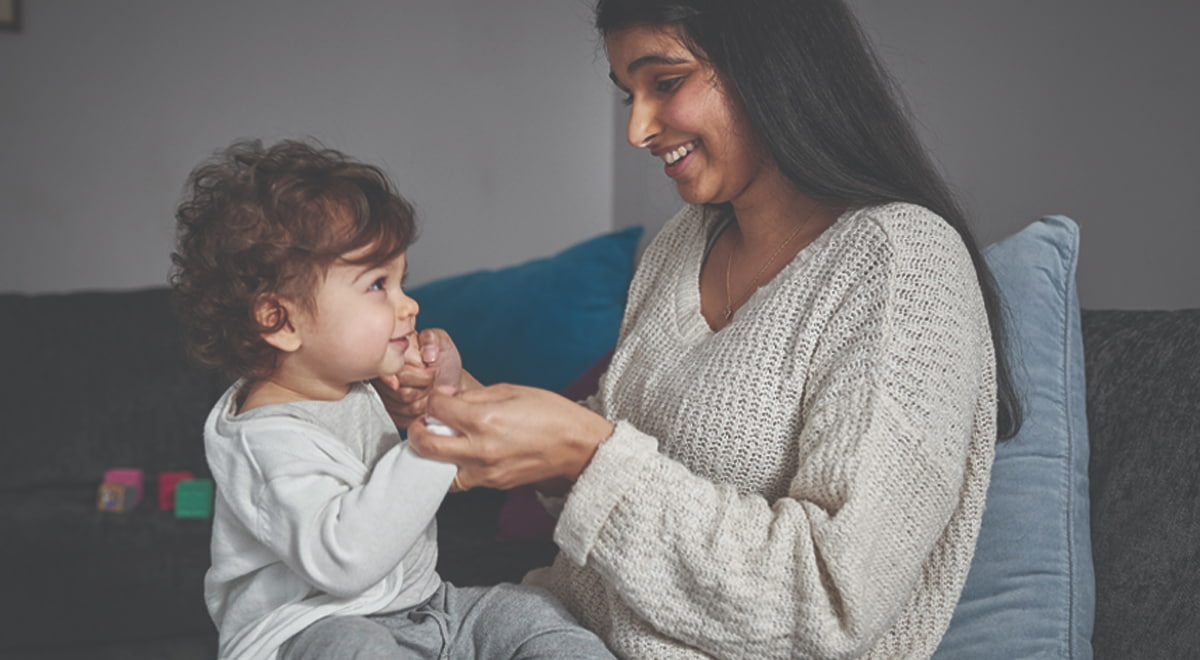
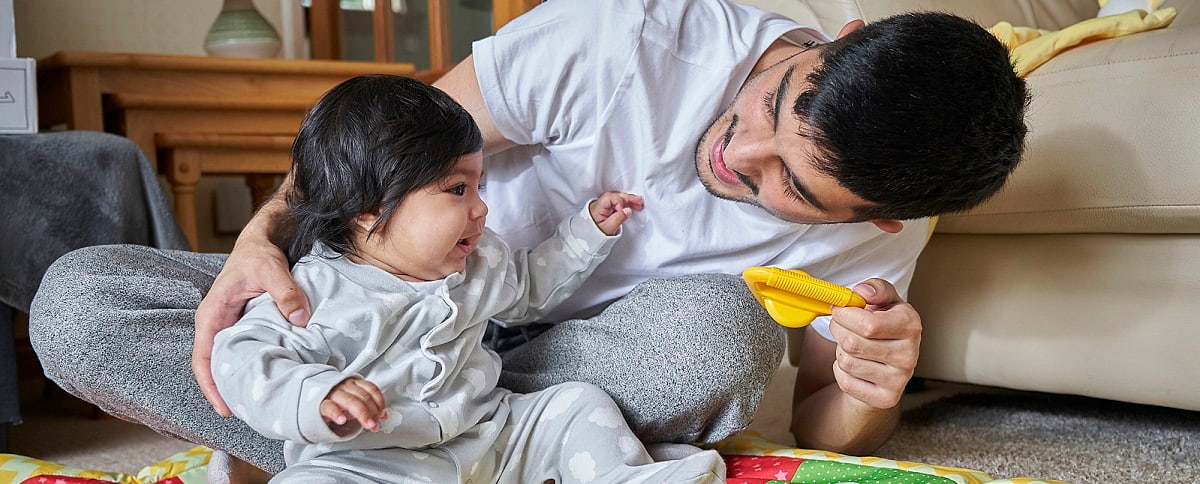
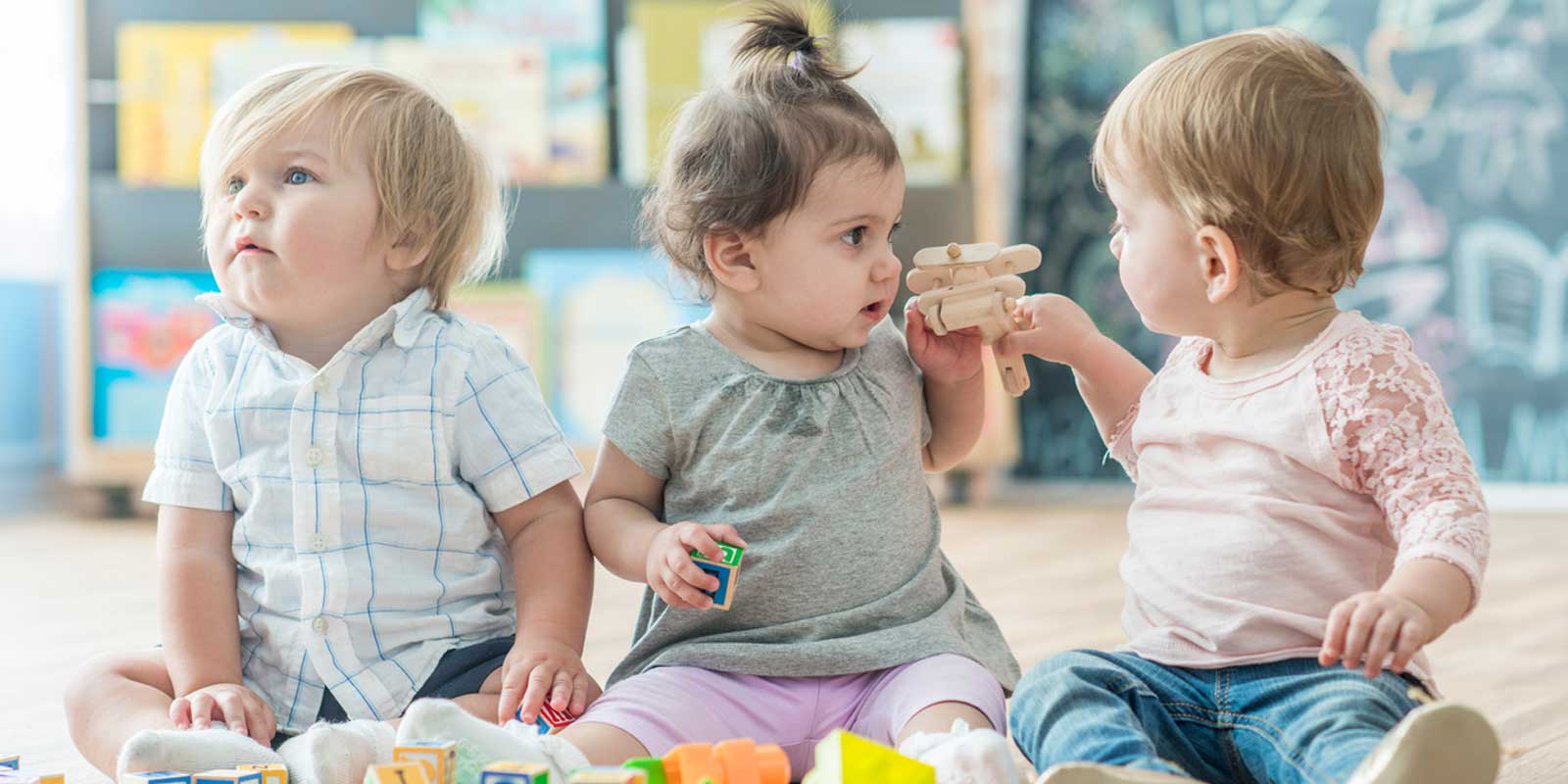
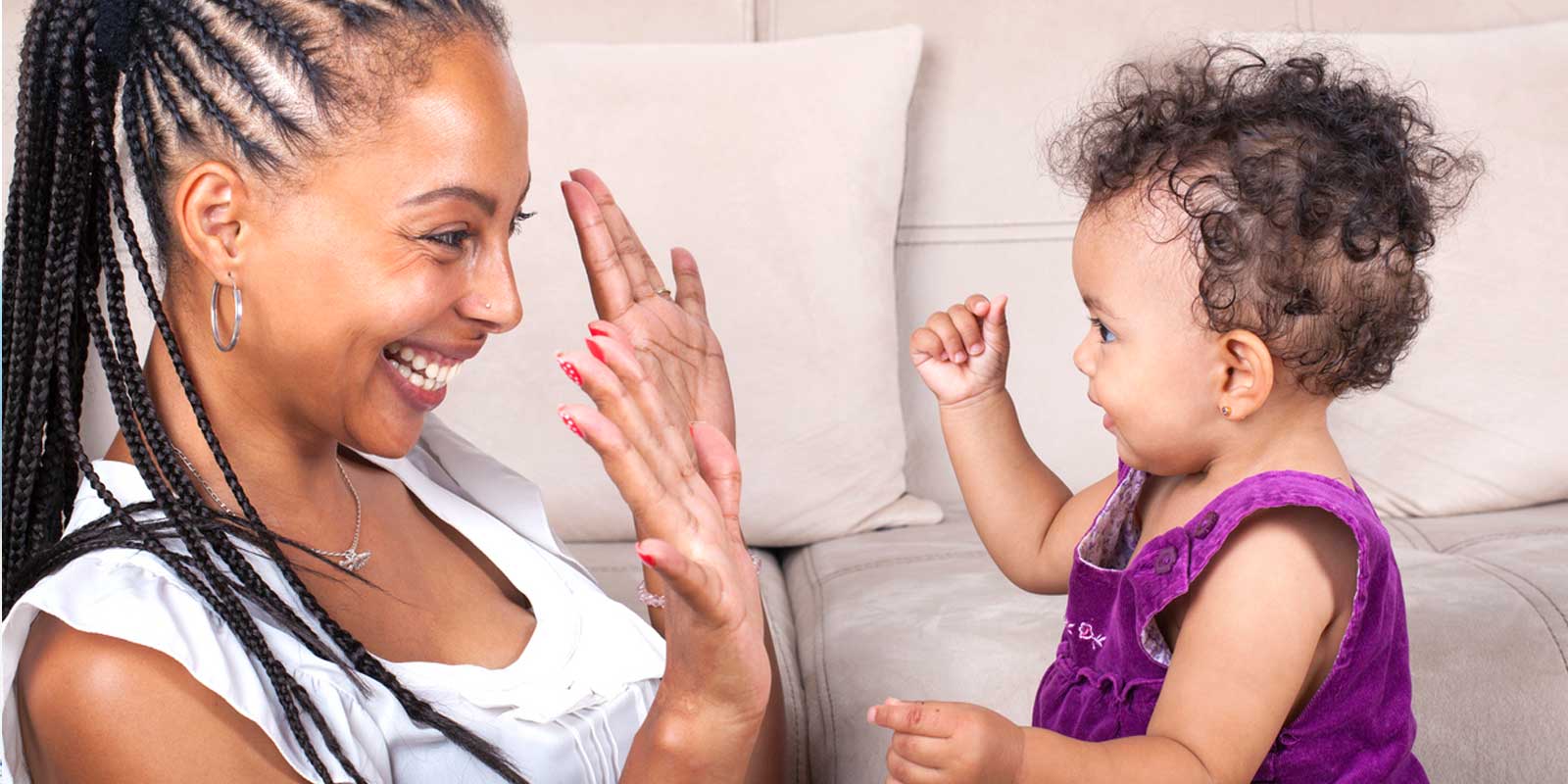
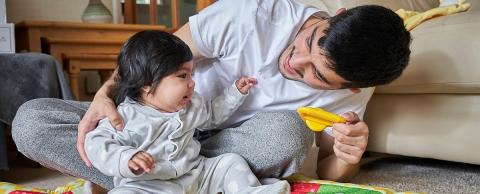
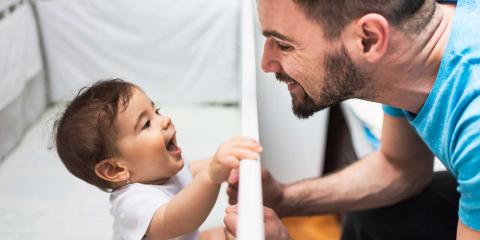
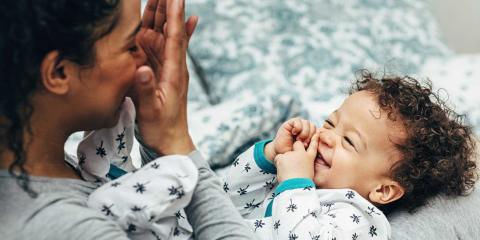
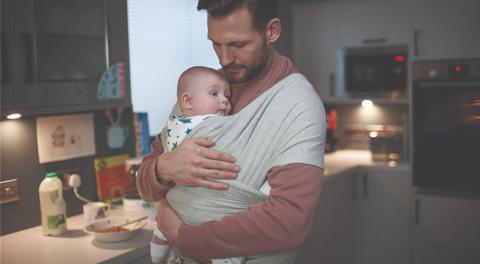
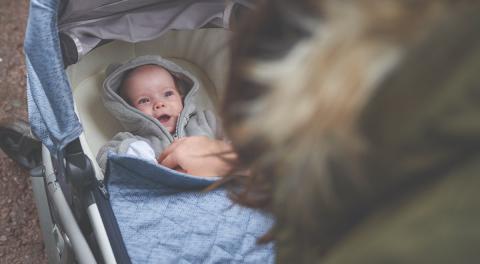
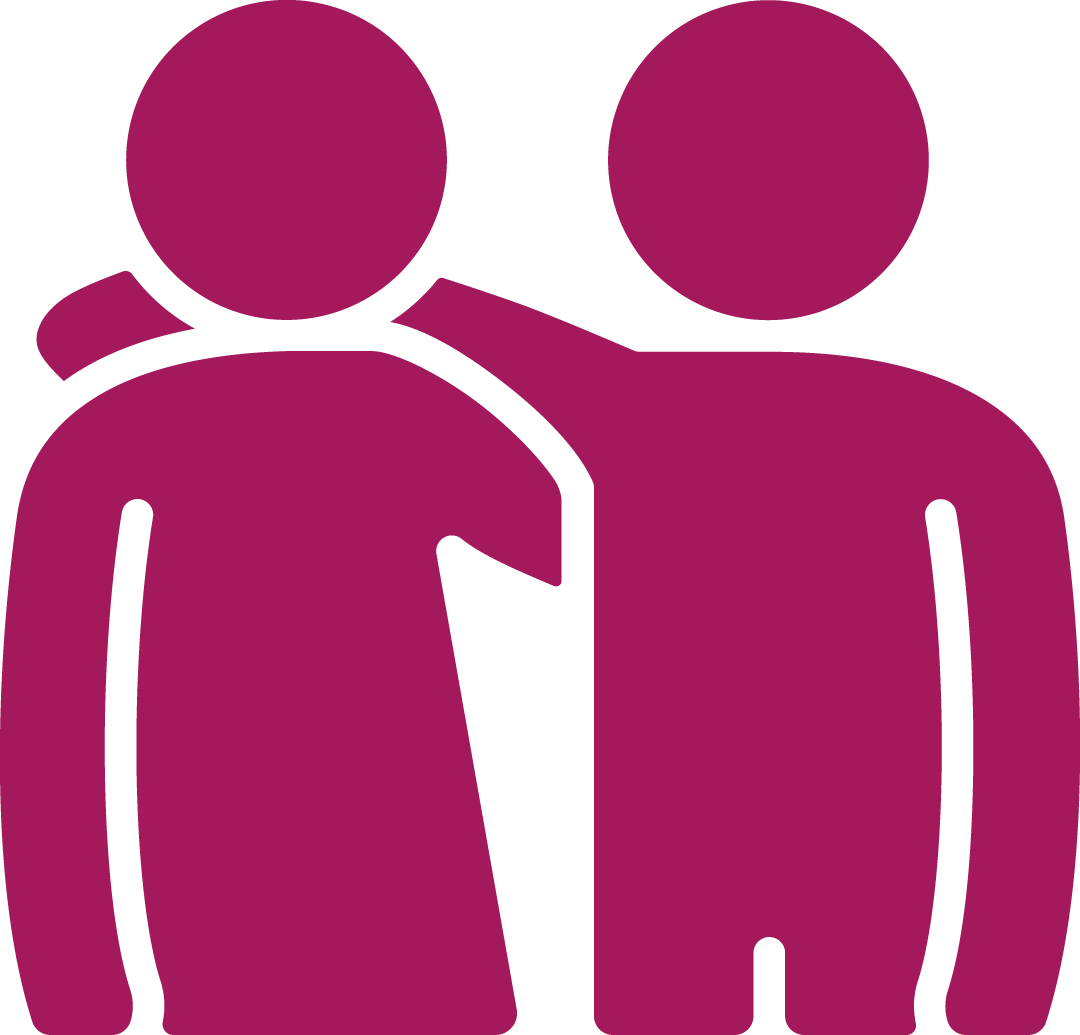 Family, Friends & Relationships
Family, Friends & Relationships
 Mental Health & Wellbeing
Mental Health & Wellbeing